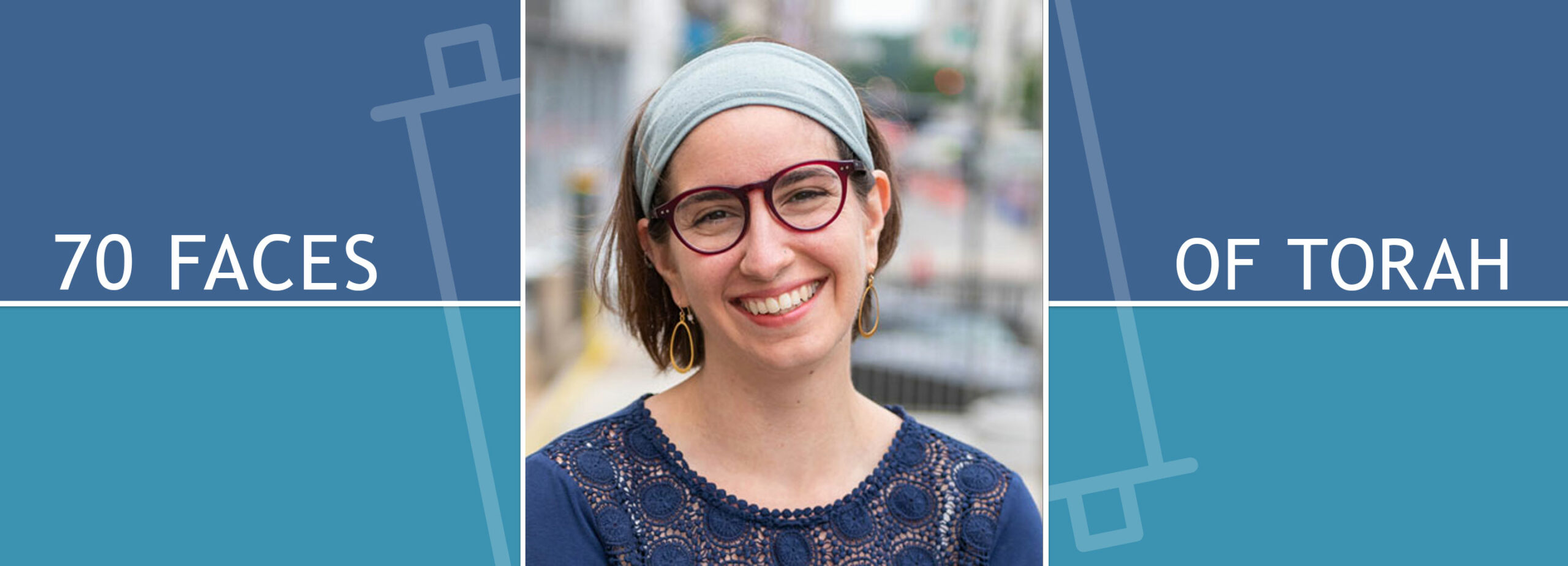Deuteronomy The End of Miracles

Parshat Eikev (Deuteronomy 7:12–11:25)
We live in a time beyond the wondrous miracles that God performed for the Israelites in the wilderness. There are no staffs that turn into snakes or seas that split before our eyes. While we may discover the miraculous in small moments of wonder, the big miracles, the miracles that defy the laws of nature, these are a thing of the past.
In Parshat Eikev, Moshe reminds the Israelites of the wonders God performed for them. When they were hungry, manna fell from the sky. When their clothes were worn with years of use, they still remained miraculously new. When they walked for miles and miles barefoot, the soles of their feet remained unswollen (Deuteronomy 8:3-4).
Later in Devarim, Moshe again calls the countless miracles and wonders to mind but he adds, “Yet to this day, the Lord has not given you a mind to understand or eyes to see or ears to hear” (Deuteronomy 29:2-3). Rabbi Naphtali Tzvi Yehuda Berlin, the 19th century commentator often known just as “the Netziv,” writes on this line that the Israelites only required that Moshe first scout out the land with the spies because they didn’t want to live a life of miracles; they didn’t want to live a life in which God made the miraculous happen for them beyond or against reason. According to the Netziv, to accept these miracles would require the Israelites to live up to them, to act constantly as if they were performing before a King. And so, they said no to God’s miracles; they demanded to enter into the land by way of reason and within the bounds of nature. They no longer wanted to be the recipients of Divine Intervention and so that’s where the miracles ended.
When understood according to the Netziv’s interpretation, the end of miracles means the loss of Divine Intervention is a result of human inability to live up to God’s Divine grace. The miracles stopped not because God stopped believing in us; but because we stopped wanting to rely on God. Personally, there’s a loss and sadness in living in a world that is beyond miracles, a world that operates neatly and predictably within the bounds of nature. In some moments, I long for the world of the early Israelites in the wilderness, in which God makes God’s presence undeniably known through the performance of the miraculous.
Yet, the Meshekh Chokmah, Rabbi Meir Simchah HaKohen of Dvinsk, offers us another way of understanding this end of Divine Intervention. While the people were in the wilderness, God needed to make it easy for us to trust God this new God. And so, God brought them into a relationship with miracles. Who could say no to a God who performed wonders before their very eyes
According to the Meshkeh Chokmah, the people didn’t need “a mind to understand or eyes to see” while in the wilderness, as long as God saw to their needs in this miraculous fashion. But, a life lived with miracles was never the end goal of our relationship with God. Rather, the performance of miracles was always meant to be a temporary means to get us to the end—where we would choose again and again to be in relationship with God even without the crutch (or perhaps the bribe) of wonders performed before our very eyes.
As understood by the Meshkeh Chokmah, miracles were meant for the developing stages of our early coming into relationship with God; but to truly be in relationship, to choose God of our own free will without the promise of the miraculous, this is what it means to be in adult relationship with God.
As with many of our human connections, the early stages of a relationship contain a bit of the miraculous. We do things for our new friends and blossoming loves in which we try to go above and beyond; we try to make it impossible for them to say no to us. We want to be the thing that defies their expectations. But while these early stages of a relationship are sweet and we are perhaps at our most compelling, this is not what it means to be in a true relationship. Real relationships only begin after the magic fades and the wonders cease. Real relationships require that we see past the worn clothes and the swollen feet, and despite—and perhaps because of—these, we say yes to each other again and again. While for me, there will always be a pull toward that early relationship time, where miracles abound and nature is defied, perhaps the end of miracles is not a loss at all. Rather, perhaps it’s a beginning, an invitation to be in a new kind of relationship, one in which we are with each other in the tired, messy reality of everyday life and we commit to loving each other in the midst of it.
Rabbi Avi Strausberg is Director of National Learning Initiatives at Hadar in Washington, D.C. She is a 2015 graduate of the Rabbinical School of Hebrew College.

